On Monday, China started building its first intercity maglev railway, Hunan province's Changsha-Liuyang Maglev Express.
According to its developer, this express line offers the advantages of strong climbing ability, a small curve radius, low vibration and low noise. It also allows for carrying out future 200 km/h tests.
The 48.73-kilometer line, with a designed maximum speed of 160 km/h, will link the province's capital city with downtown Liuyang, cutting travel time by half.
The project will proceed in two phases. The initial phase will cover 39.52 kilometers, from Changsha Huanghua Airport to Jili. It is set to open in 2029 at a cost of 10.44 billion yuan ($1.44 billion).
According to Changsha Metro, the maglev system's advantages allow for a flexible route design, reducing the need for tunnels and elevated structures and lowering construction costs.
Optimization has lowered project costs by around two billion yuan, or 16.3 percent, compared to initial estimates.
This new line will strengthen Changsha's connectivity and better integrate Liuyang into the Changsha-Zhuzhou-Xiangtan city cluster, promoting regional development.
Hunan has been a leader in maglev technology. The province accounts for 60 percent of China's total mileage. Since 2016, the Changsha Maglev Express has provided a safe and reliable travel option, clocking more than 3,000 days in operation at speeds up to 140 km/h.
Maglev systems developed in Hunan have already been deployed in four projects, achieving over 80 percent local manufacturing.
Hunan has additional maglev projects under consideration, including a potential Changsha-Ningxiang line, to establish an interconnected maglev network across the Changsha-Zhuzhou-Xiangtan area.








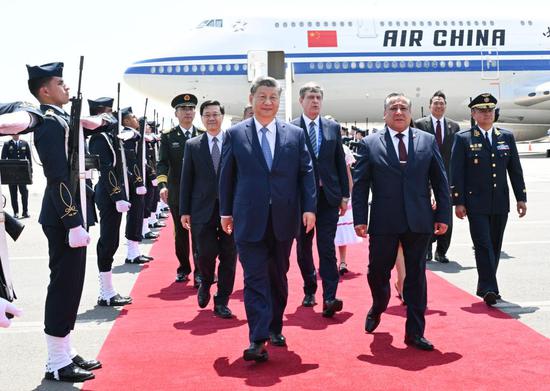

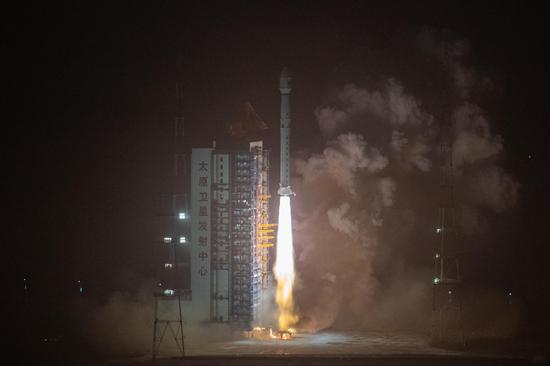

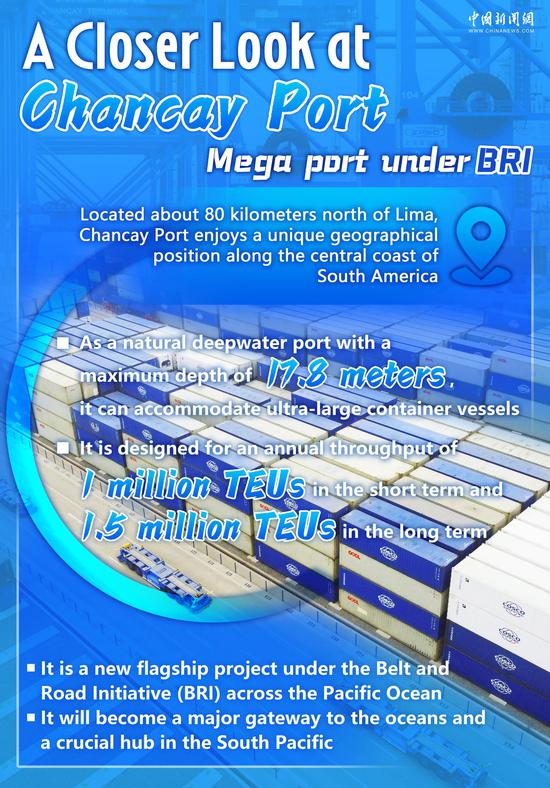
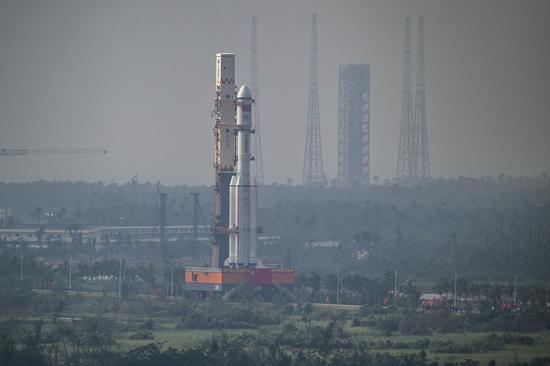







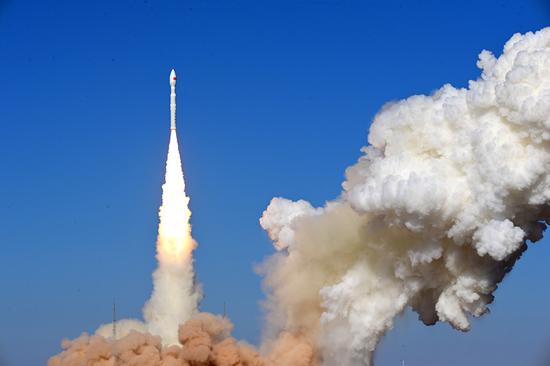




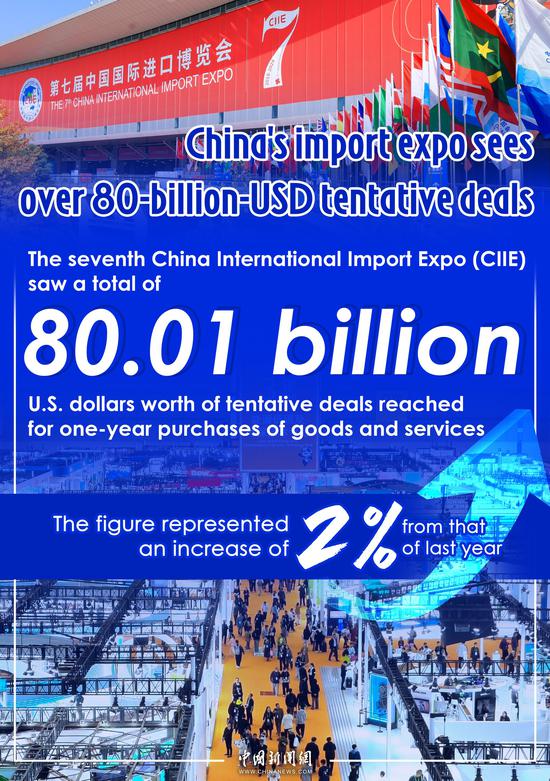
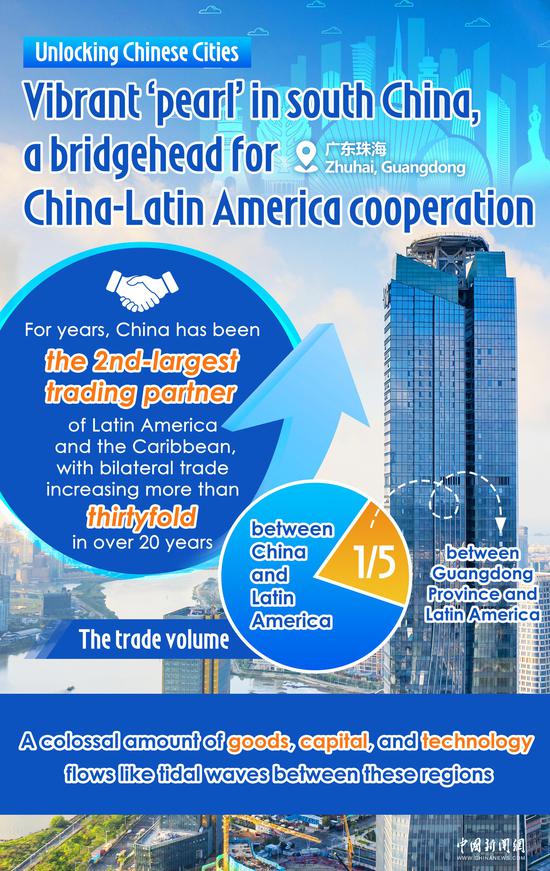
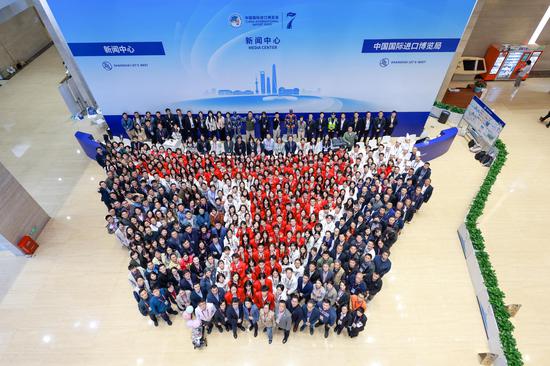





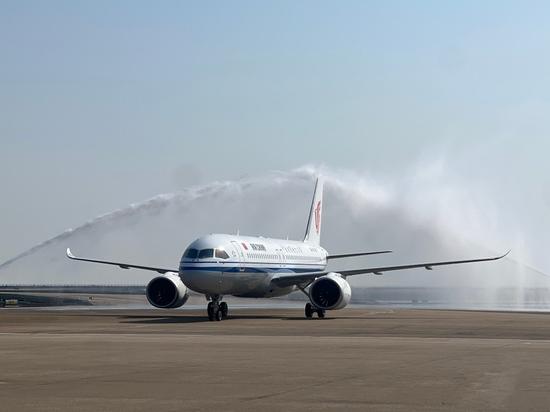


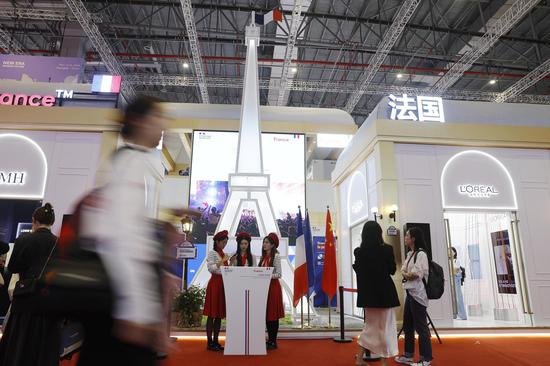


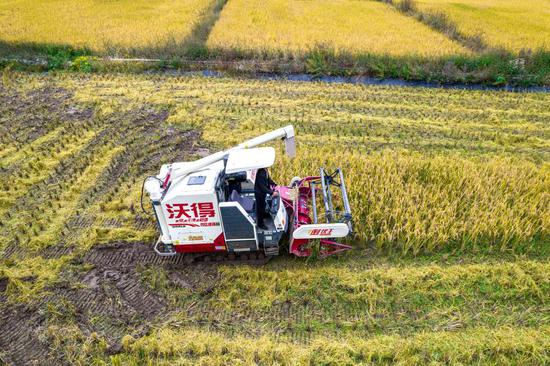

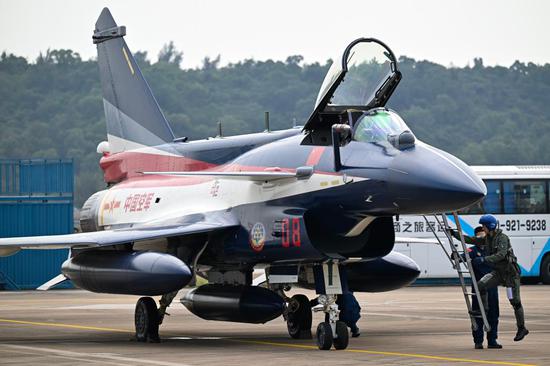







 京公网安备 11010202009201号
京公网安备 11010202009201号